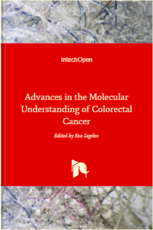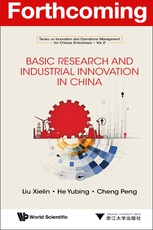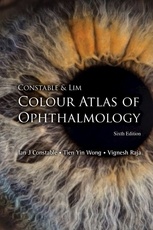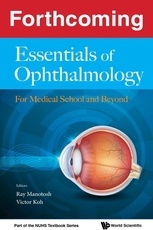
The Cell Language Theory: Connecting Mind and Matter
Authors : Sungchul Ji (Rutgers University, USA)
Publisher : World Scientific
ISBN : 978-1-84816-660-8
There are currently no reviews for this book title.
This book represents the results of 45 years of research on a wide range of topics, including atomic physics, single-molecule enzymology, whole-cell metabolism, physiology, pharmacology, linguistics, semiotics, and cosmology. It describes the first comprehensive molecular theory of the genotype-phenotype coupling based on two key theoretical concepts: (i) the conformon, the conformational wave packet in biopolymers carrying both the free energy and genetic information; and (ii) the intracellular dissipative structures, the chemical concentration waves inside the cell that serve as the immediate drivers of all cell functions. Conformons provide the driving forces for all molecular machines in the cell, and intracellular dissipative structures coordinate intra- and intercellular processes such as gene expression and cell-cell communications.
One of the predictions made by the cell language theory (CLT) is that there are two forms of genetic information — the Watson–Crick genes transmitting information in time (identified with DNA), and the Prigoginian genes transmitting information in space (identified with RNA expression profiles). The former is analogous to sheet music or written language and the latter is akin to audio music or spoken language, both being coupled by conformons acting as the analog of the pianist. The new theory of DNA structure and function constructed on the basis of CLT can rationally account for most of the puzzling findings recently unearthed by the ENCODE (Encyclopedia of DNA Elements) project.
The Cell Language Theory has important applications in biomedical sciences including drug discovery research and personalized medicine on the one hand and in the mind-body research and consciousness studies on the other.
One of the predictions made by the cell language theory (CLT) is that there are two forms of genetic information — the Watson–Crick genes transmitting information in time (identified with DNA), and the Prigoginian genes transmitting information in space (identified with RNA expression profiles). The former is analogous to sheet music or written language and the latter is akin to audio music or spoken language, both being coupled by conformons acting as the analog of the pianist. The new theory of DNA structure and function constructed on the basis of CLT can rationally account for most of the puzzling findings recently unearthed by the ENCODE (Encyclopedia of DNA Elements) project.
The Cell Language Theory has important applications in biomedical sciences including drug discovery research and personalized medicine on the one hand and in the mind-body research and consciousness studies on the other.
Details for this author are currently not available.
There are currently no reviews for this book title.
Buy this book, http://www.worldscientific.com/worldscibooks/10.1142/p758, 9655, false
FAQs
Click on the "Buy this book" button
You can email us at book-review@enago.com and we will get back to you with the next steps shortly.
New Releases
-

Advances in the Molecular Understanding of Colorectal Cancer
-

Basic Research and Industrial Innovation in China
-

Constable & Lim Colour Atlas Of Ophthalmology: Sixth Edition
-

Essentials of Ophthalmology: For Medical School and Beyond
-

Fixed Revenue Accounting: A New Management Accounting Framework
All featured publishers and authors can avail of a free promotional interview on Enago Academy! Write to us now!
